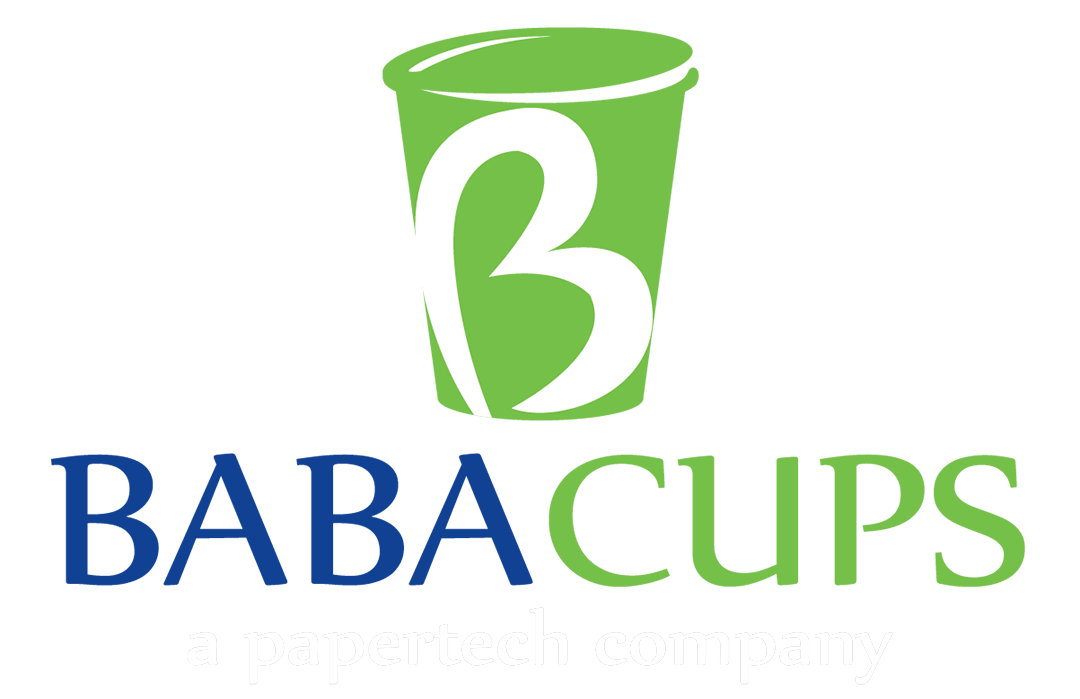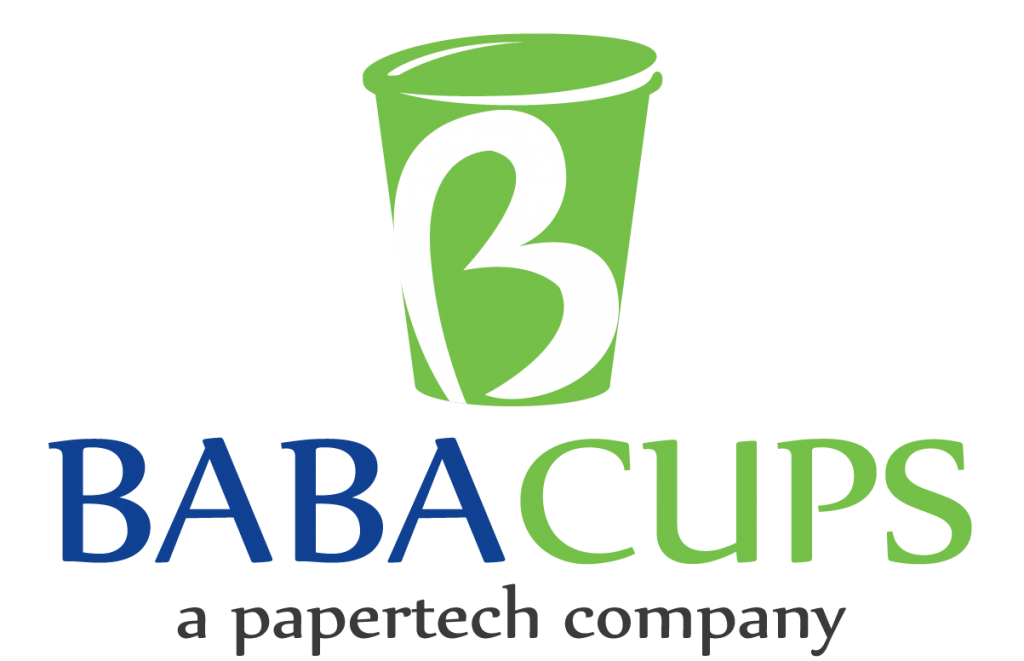In a world that is increasingly aware of the environmental challenges we face, the choices we make as consumers matter now more than ever. One area where our choices can make a significant impact is in our daily use of disposable products, such as coffee cups. These seemingly innocuous items have far-reaching consequences for the environment. In this blog post, we’ll dive deep into the environmental impact of paper cups and explore why choosing Baba Cups is a smart and eco-conscious decision.
The Problem with Disposable Cups
Disposable cups, particularly those made from single-use plastics, have been in the spotlight for their harmful environmental effects. Plastic cups, once discarded, can take hundreds of years to decompose fully, during which time they pollute our oceans, harm wildlife, and disrupt ecosystems. The scale of the problem is staggering, with billions of disposable cups used and discarded each year worldwide. But what about paper cups? Aren’t they a better alternative? While paper cups are indeed a more sustainable option than plastic, they are not without their own set of environmental challenges. Let’s break down the environmental impact of paper cups step by step.
Paper cups are typically made from virgin paperboard, which is derived from trees. The process of harvesting and processing trees into paper consumes a significant number of natural resources, including water and energy. Deforestation, a common consequence of paper production, contributes to habitat loss and reduces the planet’s capacity to absorb carbon dioxide. Baba Cups, however, takes a different approach. They source their paperboard from sustainably managed forests and use a high percentage of post-consumer recycled content. This means that Baba Cups’ raw material production is less damaging to the environment, as it promotes responsible forestry practices and reduces the demand for new trees to be cut down.
The manufacturing process of paper cups involves cutting, shaping, and coating the paperboard. It also requires significant amounts of water and energy. Traditional paper cup manufacturers may not prioritize sustainability in their production processes, leading to higher energy consumption and waste generation. Baba Cups, on the other hand, invests in eco-friendly manufacturing practices. They have implemented energy-efficient technologies, reduced water usage, and minimized waste in their production process. By doing so, they significantly lower their carbon footprint compared to conventional paper cup manufacturers
One of the biggest challenges associated with paper cups is their disposal. Contrary to common belief, most paper cups are not easily recyclable. This is because they are coated with a thin layer of plastic (polyethylene) to make them waterproof. This plastic coating poses problems for recycling facilities, as it requires specialized processes to separate the plastic from the paper. However, Baba Cups has pioneered a breakthrough in cup design. They use an innovative, plant-based lining for their cups that is both waterproof and compostable. This means that Baba Cups can be composted in industrial facilities, reducing the burden on landfills and incinerators.
Ultimately, the environmental impact of paper cups also depends on consumer behaviour. Recycling rates for disposable cups remain low, and improper disposal exacerbates environmental problems. Educating consumers about the proper disposal and recycling of paper cups is crucial to minimizing their impact. Baba Cups actively engages in consumer education campaigns, encouraging responsible cup disposal and highlighting the benefits of composting their cups. This helps bridge the gap between production and responsible end-of-life management.
Why Choose Baba Cups?
Now that we’ve examined the environmental challenges associated with paper cups, it’s clear that not all paper cups are created equal. So, why should you choose Baba Cups over other options?
Sustainable Sourcing: Baba Cups prioritizes responsibly sourced materials, using paperboard from sustainable forests and a high percentage of post-consumer recycled content.
Eco-Friendly Manufacturing: Their manufacturing process incorporates energy-efficient technologies and minimizes waste, reducing their carbon footprint.
Reduced Transportation Emissions: Strategic manufacturing facility locations minimize transportation distances, leading to lower emissions.
Innovative Design: Baba Cups’ plant-based lining makes their cups compostable, offering a more environmentally friendly end-of-life option.
Consumer Education: Baba Cups actively educates consumers on proper cup disposal, encouraging responsible choices.
The Bigger Picture: Beyond Baba Cups
While choosing Baba Cups is a commendable step towards reducing your environmental footprint, it’s essential to recognize that no single solution can solve our planet’s complex sustainability challenges. Reducing disposable cup usage altogether by opting for reusable alternatives is the most eco-friendly choice. However, when disposables are necessary, Baba Cups offers a responsible option. In conclusion, the environmental impact of paper cups is a multifaceted issue that requires thoughtful consideration. Baba Cups demonstrates a commitment to sustainability at every stage of their product’s lifecycle, making them a compelling choice for environmentally conscious consumers. By choosing Baba Cups, you’re not just sipping your favourite beverage; you’re also sipping on sustainability and contributing to a greener future.
Conclusion: A Greener Tomorrow with Baba Cups
The environmental impact of paper cups is a pressing concern, but it’s also an area where innovation and responsible business practices can make a difference. Baba Cups is a shining example of a company that has risen to the challenge, offering a product that not only meets consumer needs but also prioritizes the well-being of the planet. When you choose Baba Cups, you’re making a conscious decision to support sustainability and promote eco-friendly alternatives in an industry that has long been associated with waste. It’s a small step that can have a big impact, and it’s a step in the right direction towards a greener tomorrow. So, the next time you enjoy your favourite hot beverage from a paper cup, let it be a Baba Cup – a symbol of your commitment to the environment and a reminder that together, we can make a positive change for the planet. Choose Baba Cups, and sip responsibly for a brighter, more sustainable future.


